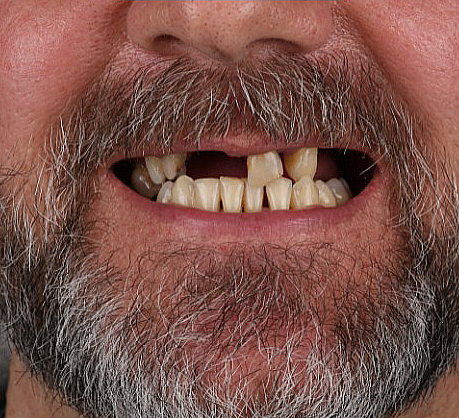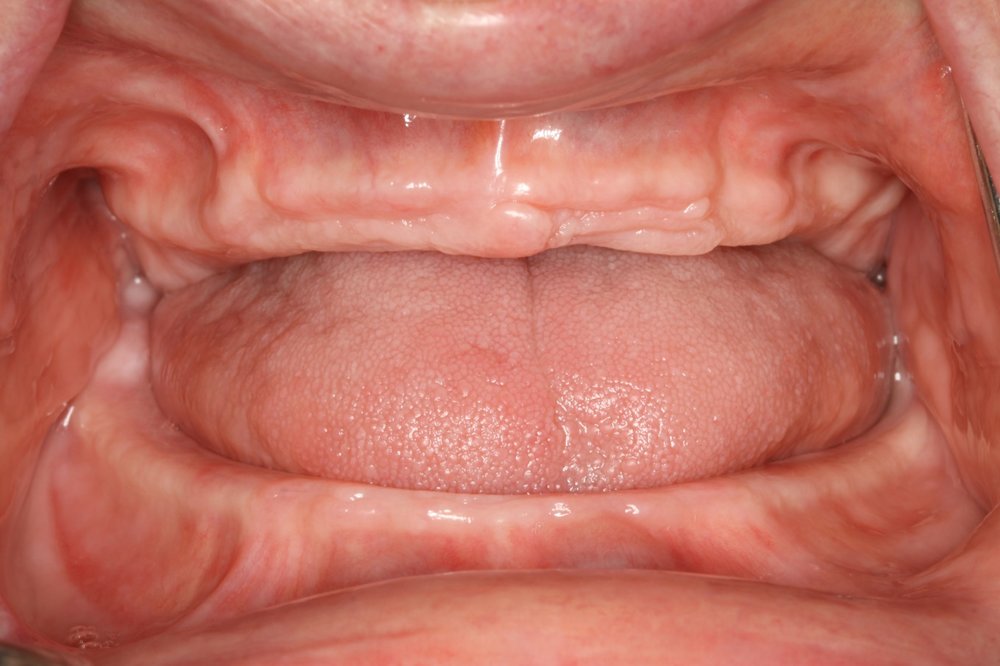This is David and I am a dental implant educator at Chicago Implant Studio. In this article I will go over one of the common topics that get answered by our board certified implant specialist for the patients “Are bad teeth caused by genetics?”
Have you ever wondered why some people seem to be more prone to dental issues than others? It’s a question that has intrigued scientists and individuals alike for ages. One common theory suggests that bad teeth may be attributed to genetic factors. In this article, we delve into the fascinating world of genetics and dental health to explore whether there’s any truth behind this claim.
In This Article
Understanding Genetics and Dental Health:
Genetics plays a crucial role in shaping various aspects of our health, and dental health is no exception. Our genes are responsible for determining the characteristics we inherit, including the shape, size, and structure of our teeth and jaws. However, it’s important to note that genetics alone does not solely determine the fate of our dental health.
The Complex Interaction:
While genetic factors contribute to our dental predispositions, the development and condition of our teeth are influenced by a complex interplay between genetics and environmental factors. Oral hygiene practices, diet, lifestyle choices, and access to dental care are all influential factors that can greatly impact our dental health, regardless of our genetic makeup.
Genetic Conditions and Dental Health:
Certain genetic conditions can indeed affect dental health. For example, amelogenesis imperfecta and dentinogenesis imperfecta are genetic disorders that can result in the improper formation of tooth enamel or dentin, leading to weak or discolored teeth. These conditions highlight the direct link between genetics and specific dental issues.
Common Dental Problems and Genetic Influence:
Several common dental problems are believed to have a genetic component. Tooth decay, gum disease, and malocclusions (such as crowded or misaligned teeth) can be influenced by genetic factors. However, it’s important to remember that genetic predisposition does not guarantee the development of these problems. Environmental factors, such as poor oral hygiene habits or a sugar-rich diet, also contribute significantly to their occurrence.
The Role of Epigenetics:
Epigenetics is an emerging field of study that explores how our environment can influence gene expression. It suggests that even if we have a genetic predisposition to certain dental problems, our lifestyle choices and oral hygiene practices can impact how these genes are expressed. This implies that we have the power to mitigate the effects of genetic factors through proper dental care and healthy habits.
Seeking Professional Advice:
If you are concerned about your dental health or suspect a genetic component, it’s always best to consult with a dental professional. They can assess your individual case, consider your family history, and provide personalized guidance tailored to your needs. Regular dental check-ups and adopting good oral hygiene practices are essential steps toward maintaining optimal dental health.
Conclusion:
While genetics undoubtedly play a role in shaping our dental health, it’s important to recognize that it’s not the sole determining factor. Our oral health is influenced by a complex interplay between genetic predispositions and environmental factors. By understanding this dynamic relationship, we can make informed decisions to preserve our dental health and mitigate potential problems. Remember, regular dental care, a healthy lifestyle, and good oral hygiene practices are key to maintaining a confident and healthy smile.
Meet the Best Dental Implant Surgeon at Chicago Implant Studio
Chicago Implant Studio is a reputable dental implant clinic in Aurora, Illinois. Find out how dental implants can improve your life and overall health. We offer an international warranty on dental implants for a lifetime. Schedule a free consultation online today or call us at (331) 257-7999.






